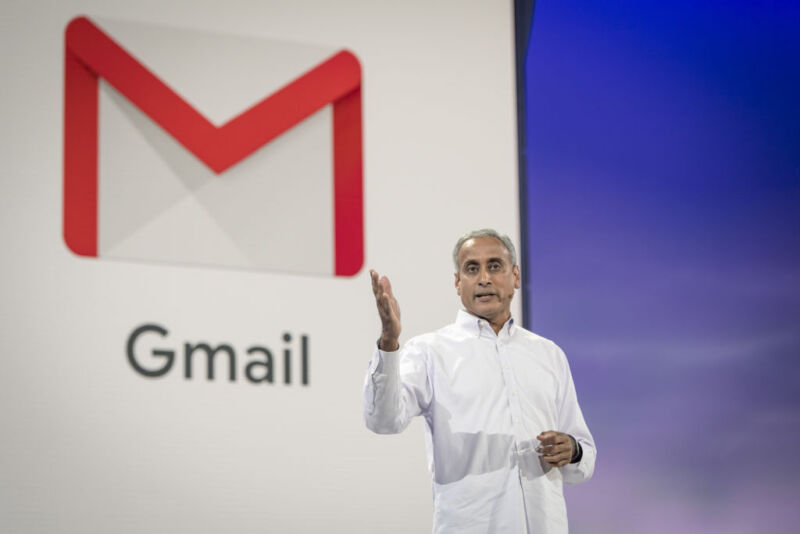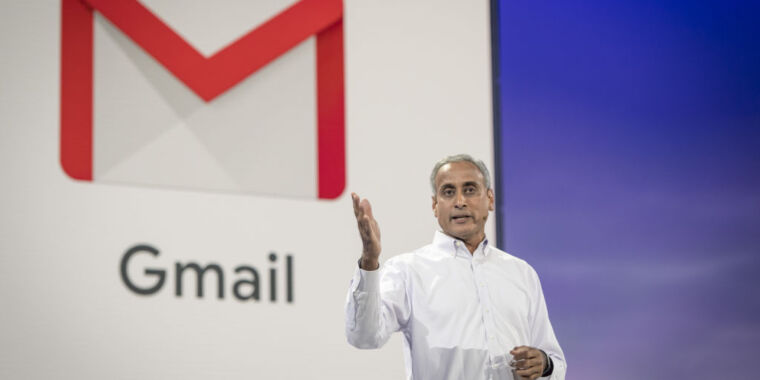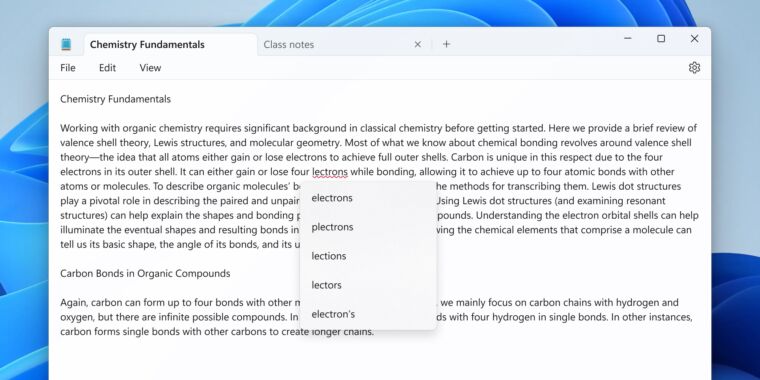
On Friday, Google started defending its search business during the Justice Department’s monopoly trial. Among the first witnesses called was Google’s senior vice president responsible for search, Prabhakar Raghavan, who testified that Google’s default agreements with makers of popular mobile phones and web browsers were “the company’s biggest cost” in 2021, Bloomberg Law reported.
Raghavan’s testimony for the first time revealed that Google paid $26.3 billion in 2021 for default agreements, seemingly investing in default status for its search engine while raking in $146.4 billion in revenue from search advertising that year. Those numbers had increased “significantly” since 2014, Big Tech on Trial reported, when Google’s search ad revenue was approximately 46 billion and traffic acquisition cost was approximately $7.1 billion.
Prior to Raghavan’s testimony, Google had been carefully guarding this information. According to Bloomberg, Judge Amit Mehta overruled Google’s objections to revealing the numbers, despite Google’s claims that such transparency could harm future deals.
Raghavan’s testimony was supposed to help Google counter the DOJ’s claims that it had achieved dominance in search through default agreements the DOJ suggests may be illegal. Google contends that the agreements are legal, and Raghavan testified that Google’s dominance is not due to those agreements but to Google’s constant investments in product improvements and innovation, The New York Times reported.
Rather than seeing itself as above all competition, Raghavan told the court, Google is forced to invest and innovate to avoid losing relevancy.
“I feel a keen sense not to become the next roadkill,” Raghavan testified. “If we become second class, we become irrelevant over time.”
According to Raghavan, Google faces competition from a wide range of rivals beyond just other search engines, viewing Amazon and TikTok as top competitors, not Bing. Particularly with younger users—some of whom Raghavan said refer to the search engine by a derogatory nickname, “Grandpa Google”—Google allegedly faces stiff competition. Raghavan cited research “that found that Americans spend about 23 minutes a day surfing the web, versus almost four hours using applications,” The Times reported, and noted that if Google loses young users, research showed the threat gets bigger.
“Where young people go, older people follow,” Raghavan said.
Google has planned a three-week presentation of its defense, The New York Times reported, and Raghavan’s testimony has set the stage for Google CEO Sundar Pichai, who will testify on Monday.
Pichai will likely provide additional insights into how Google’s smart investments are responsible for creating the search empire it maintains today, Reuters reported. But he will also likely face the DOJ’s inquiries into why Google invests so much in default agreements if it’s not a critical part of the tech giant’s strategy to stay ahead of the competition.
The DOJ is not likely to back down from its case that default agreements unfairly secured Google’s search market dominance. On Friday, Big Tech on Trial reporter Yosef Weitzman—who has been posting updates from the trial on X—suggested that things have gotten tense in the courtroom now that the “DOJ seems emboldened to push for more information to be public after Judge Mehta’s comments yesterday that not all numbers need to remain redacted.”
According to Weitzman, the DOJ today pushed to “make public the 20 search queries Google makes the most revenue off of, as well as Google’s traffic acquisition costs related to search (the total amount of money Google paid to partners in search distribution revenue shares).”








